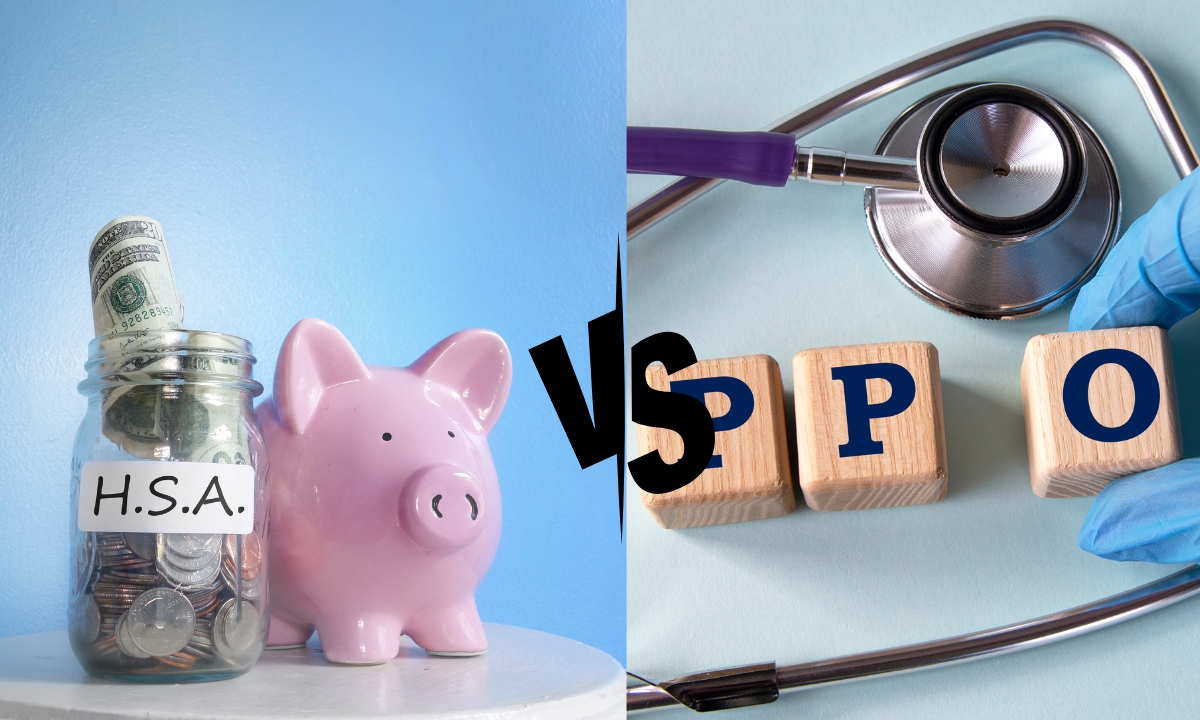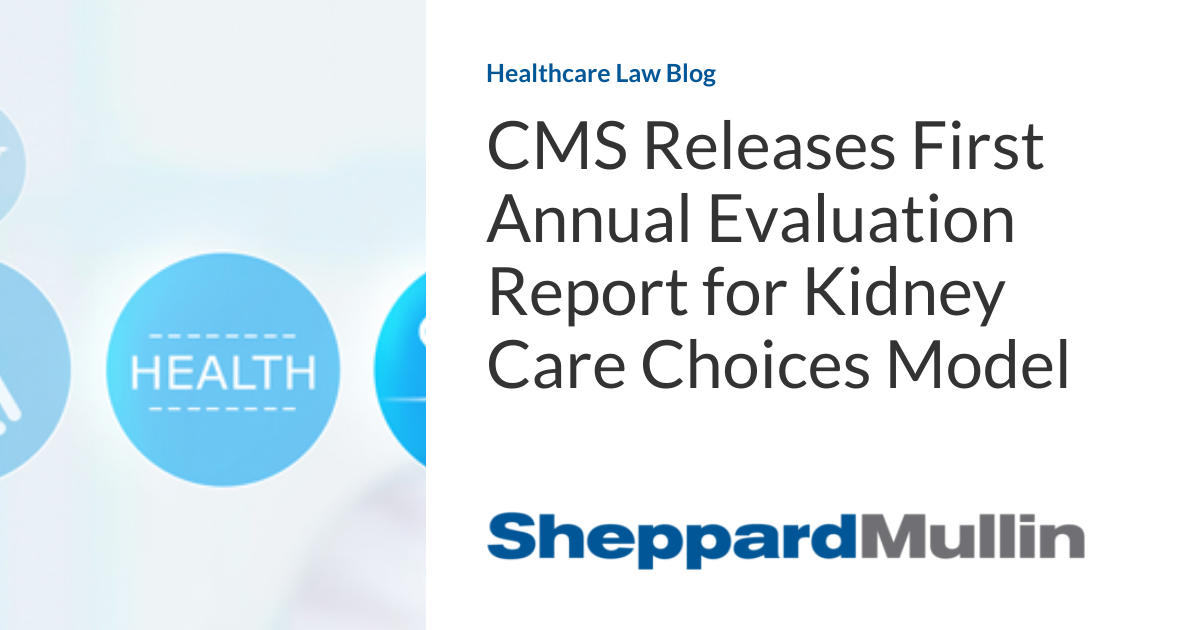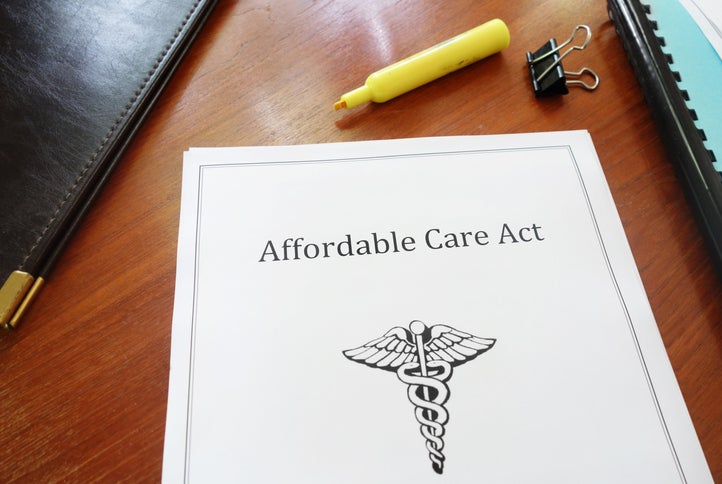On June 10, 2024, the U.S. Supreme Court granted certiorari in Advocate Christ Medical Center v. Becerra[1] for the October 2024 – 2025 term to review a D.C. Circuit Court of Appeals ruling potentially affecting up to $4 billion in federal funding for hospitals.[2] The Supreme Court will determine whether the federal Department of Health and Human Services (“HHS”) properly reimbursed hospitals for providing care to patients receiving financial aid from the Supplemental Security Income Program (the “SSI Program”).[3] Hospitals benefiting from Medicare reimbursement adjustments for treating low-income patients should closely monitor this case, as a favorable ruling for the plaintiffs may impact how hospitals are reimbursed for similar claims in the future.
Background
Advocate Christ Medical Center centers on how much hospitals can be reimbursed for treating low-income Medicare beneficairies.[4] HHS makes fixed payments for services provided by hospitals to Medicare Part A beneficiaries and adjusts those payments for hospitals that serve an “unusually high percentage of low-income patients” because these patients generally require more care.[5] This percentage is expressed in a fraction (the “Medicare Fraction”) using data from the Social Security Administration (“SSA”) as to which Medicare patients are “entitled to SSI benefits.”[6]
The primary SSI Program benefit at issue consists of monthly cash payments made to needy individuals who are aged, blind, or disabled (“Cash Payments”).[7] Individuals who are enrolled in the SSI Program must prove eligibility each month to receive Cash Payments, but remain enrolled in the SSI Program even if they do not qualify for Cash Payments in a particular month.[8] Each month, for the purpose of determining the Medicare Fraction, HHS counts only those individuals who were entitled to receive Cash Payments under the SSI Program and does not count individuals who were enrolled in the SSI Program but did not receive Cash Payments.[9]
Parties’ Arguments on Appeal
In July 2017, the plaintiff hospitals sued HHS claiming that its formula for determining the Medicare Fraction, and thus, reimbursement adjustments, was incorrect and sought proper reimbursement for fiscal years 2006‑2009, among other remedies.[10] They claimed that the Medicare Fraction should include all patients enrolled in the SSI Program at the time of hospitalization, regardless of a patient’s qualification for a Cash Payment.[11] They also argued that individuals who qualified for ancillary benefits under the SSI Program while being treated by a hospital, but not for Cash Payments, should be counted because they qualified for benefits due to their enrollment in the SSI Program.[12] Under this formulation, more individuals would be counted in the Medicare Fraction and thus hospitals would receive higher reimbursement for such patients.[13]
HHS argued that the statutory language only includes those individuals receiving Cash Payments at the time of hospitalization,[14] and any other benefits received by patients are irrelevant for the purposes of determining whether a hospital should receive higher reimbursement for such patients.[15]
Appellate Court’s Holding and Remaining Question for SCOTUS
In ruling for HHS, the D.C. Circuit Court of Appeals affirmed the court below, which found that HHS’s interpretation of the Medicare Fraction calculation was consistent with the statutory language, which directs the calculation of the Medicare Fraction to include only individuals receiving the monthly Cash Payment from the SSI Program.[16] Even if SSI Program enrollees became eligible for ancillary benefits because of their enrollment in the SSI Program, those benefits did not qualify them to be counted in the Medicare Fraction.[17]
The Supreme Court granted certiorari on the question of whether “entitled to SSI benefits” includes all those individuals enrolled in the SSI Program and not solely those qualifying for SSI Program Cash Payments.[18] The Solicitor General’s office submitted a brief in support of the lower court’s decision, writing that it was consistent with the longstanding interpretation of the statute and with decisions of other courts.[19]
The Supreme Court’s decision is likely to have a significant impact on hospitals’ ability to seek higher Medicare reimbursement for low-income patients, particularly for hospitals in rural areas treating vulnerable patient populations.
Please contact a member of the Sheppard Mullin Healthcare Team if you have questions.
FOOTNOTES
[1] 80 F.4th 346 (D.C. Cir. 2023); Supreme Court of the United States, Order List: 602 U.S. (June 10, 2024), https://www.supremecourt.gov/orders/courtorders/061024zor_d18f.pdf.
[2] “Supreme Court to decide Medicare reimbursement issue” by Michael Macagnone, Roll Call (June 10, 2024) (https://rollcall.com/2024/06/10/supreme-court-to-decide-medicare-reimbursement-issue/).
[3] 80 F.4th 346, 349.
[4] 80 F.4th 346, 349.
[5] Advocate Christ Medical Center v. Becerra, 80 F.4th 346, 349, citing Cape Cod Hosp. v. Sebelius, 630 F.3d 203, 205 (D.C. Cir. 2011).
[6] 80 F.4th 346 at 349‑50.
[7] Id. at 350, citing 42 U.S.C. § 1382(a).
[8] Id.
[9] Id.
[10] Id. at 351.
[11] Id.
[12] Id. at 352. Individuals who are enrolled in the SSI Program also become eligible to apply for Medicare Part D prescription-drug benefits, and some may also apply for vocational rehabilitation services. Id.at 349. Individuals who remain enrolled in the SSI Program, but do not receive Cash Payments, are still able to access these other benefits because of their status as SSI Program enrollees. Id.
[13] Id. at 350.
[14] Id. at 350.
[15] Id. at 352.
[16] Id. at 353.
[17] Id. at 352.
[18] “High Court Agrees to Revisit 2022 Medicare Payment Ruling” by Tony Pugh, Bloomberg Law (June 10, 2024) (https://www.bloomberglaw.com/bloomberglawnews/health-law-and-business/XFFMM4R8000000?bna_news_filter=health-law-and-business#jcite).
[19] Brief for the Respondent, p. 11 Christ Medical Center v. Becerra, No. 23-715 (2024).
*Law clerk not yet admitted to practice.



















